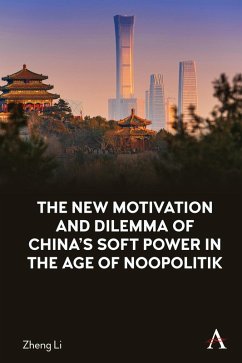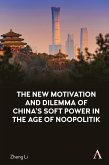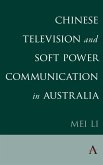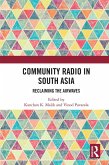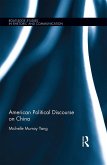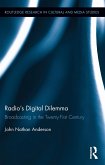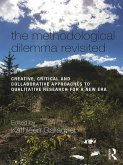Since the new leadership came to power in 2012, China's domestic governance and public diplomacy have experienced some profound changes. At home, a far-reaching anti-corruption campaign significantly restored the government's credibility and reinforced public trust in the party-state's governance model, leading to a surge of nationalist pride. Internationally, the previous diplomatic principle, "hide our capacities and bide our time", gradually faded away with the emerging ideas like "China's ideas" and "China's wisdom". Good governance and anti-corruption efforts were expected to enhance soft power overseas. The party-state successfully governed the state for decades relying on its controversial governance approaches. The country also has visibly demonstrated economic and social development. However, China's growing influence has failed to be recognised as soft power, being viewed rather as sharp power most times. The monograph investigates whether China is mindful of exporting its political ideas and whether it considers its governance model to be the pillar of its soft power portfolio. The monograph also analyses how Australia, a western country with close economic ties with China, interprets China's intended narrative regarding its governance model and development. The questions are addressed through framing analysis of media coverage and in-depth interviews with Australian public diplomacy experts. Most studies in this field focus on externally directed soft power initiatives and the monograph fills the void by drawing attention to domestic affairs. The monograph sheds a new light on the relationship between domestic governance, soft power, and sharp power by examining the congruity between China's projection and Australia's mediation and also draws implications about China's public diplomacy and the future global order by sketching out Beijing's ambitions and attempts.
Hinweis: Dieser Artikel kann nur an eine deutsche Lieferadresse ausgeliefert werden.
Dieser Download kann aus rechtlichen Gründen nur mit Rechnungsadresse in A, D ausgeliefert werden.
Hinweis: Dieser Artikel kann nur an eine deutsche Lieferadresse ausgeliefert werden.

